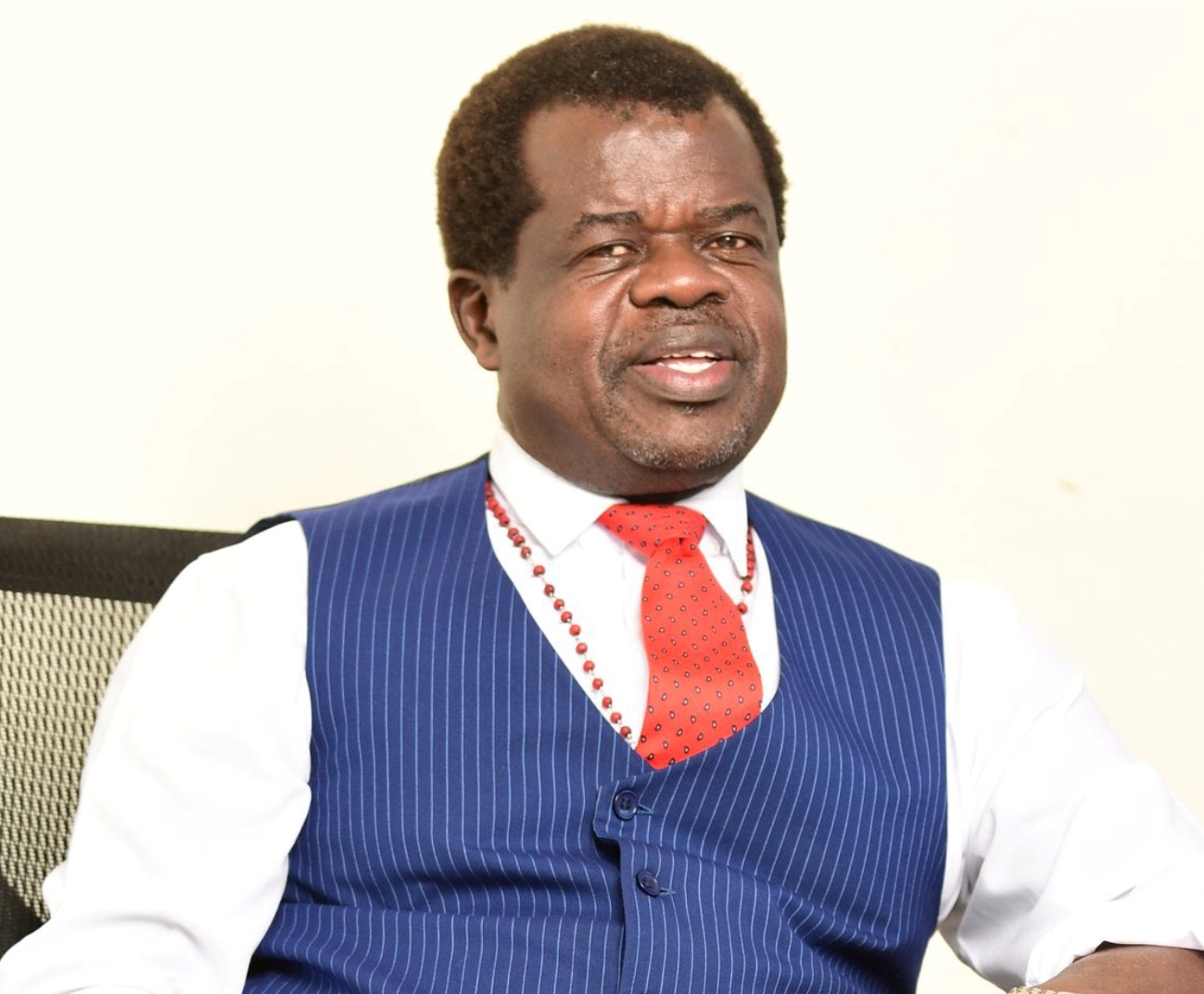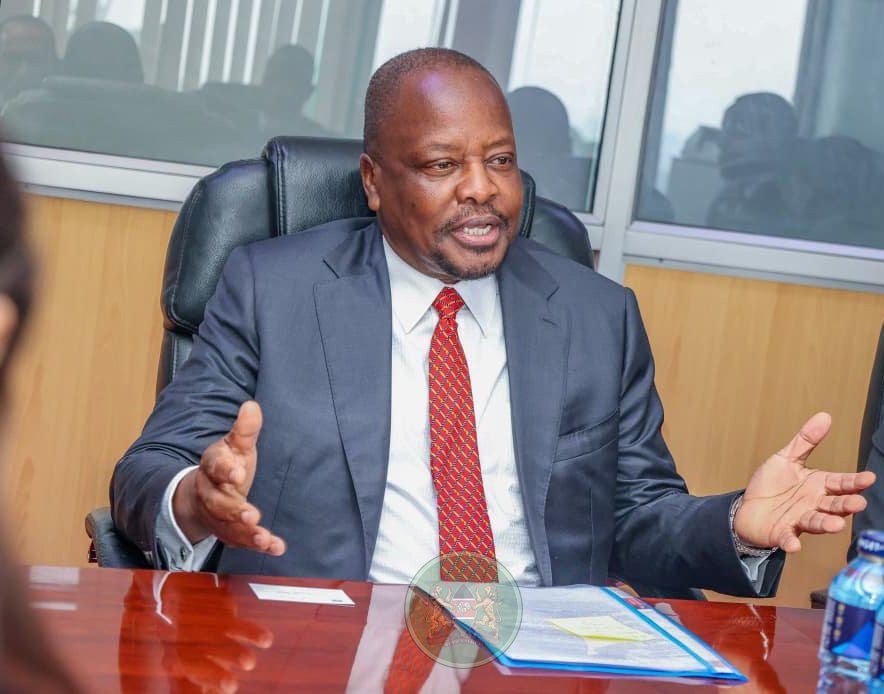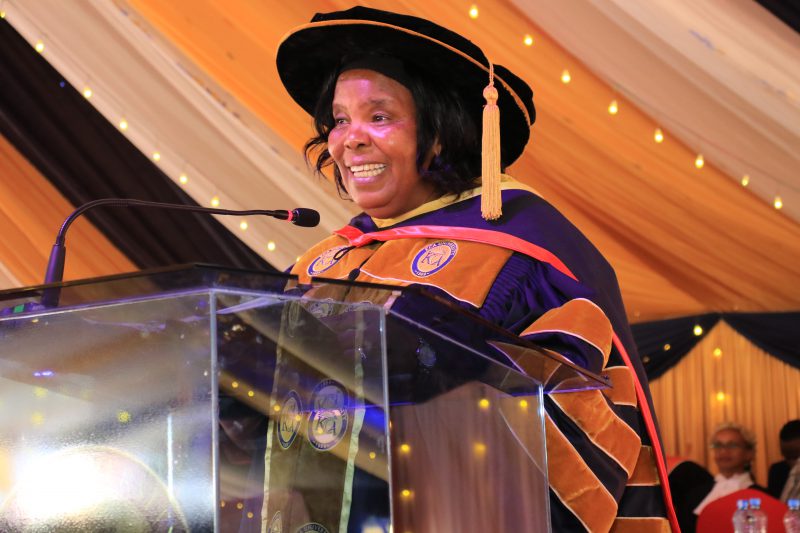By The Weekly Vision Reporter
Busia Senator Okiya Omtatah has lodged a constitutional petition at the High Court seeking, among other reliefs, to permanently abolish the establishment and operation of the National Tallying Centre at the Bomas of Kenya during presidential elections, which he brands unconstitutional.
In his filing, the veteran public-interest litigator argues that the 2010 Constitution is explicit: presidential results must be tallied, verified, and declared at each of the 290 constituencies (now 290 after recent delimitation), and those constituency results are final, binding, and unalterable.
The sole duty of the Independent Electoral and Boundaries Commission (IEBC) is clerical, to mathematically add up the constituency totals and announce the winner. Mr Omtatah insists that neither the IEBC chairperson nor any other official possesses the power to verify, re-tally, alter, or overturn a duly declared constituency result.
He contends that no law or regulation may lawfully introduce a second layer of verification at the county or national level, yet existing provisions in the Elections Act and accompanying regulations, together with entrenched IEBC practice, have unlawfully created a parallel verification system at the National Tallying Centre.
This system, he says, treats final constituency results as merely provisional, opens the door to interference and manipulation, causes unnecessary delays, undermines transparency, erodes public trust, and effectively overrides the sovereign will of voters as expressed at the constituency level.
Beyond demanding the scrapping of the National Tallying Centre in its current form, Senator Omtatah is also seeking orders to:
- Quash all unconstitutional provisions in the Elections Act and Regulations;
- Compel immediate public posting of final constituency results at every constituency tallying centre;
- Strip County Returning Officers and the IEBC Chairperson of any illegal verification powers;
- Restore strict compliance with Articles 86 and 138 of the Constitution.
“Once results are declared at the constituency, no other IEBC official has power to alter, re-tally, or re-verify them,” the petition states emphatically.
Should the court rule in his favour, Mr Omtatah believes the judgment will fundamentally reshape the conduct of presidential elections from 2027 onwards, delivering a transparent, decentralised, and constitutionally compliant process free from the “Bomas drama” that has marred previous polls.
The petition inevitably revives memories of the 2022 presidential election, when four IEBC commissioners, led by then vice-chairperson Juliana Cherera, dramatically disowned the final results at Bomas, accusing chairperson Wafula Chebukati (now deceased) of opaque and manipulative processes in declaring William Ruto the winner over Raila Odinga by a margin of just over 200,000 votes.
With the case now before the courts, Kenya may finally get judicial clarity on whether the controversial national tallying centre has any place in a constitutional democracy – or whether it is, as Omtatah alleges, little more than an unconstitutional stage for post-election theatre.





